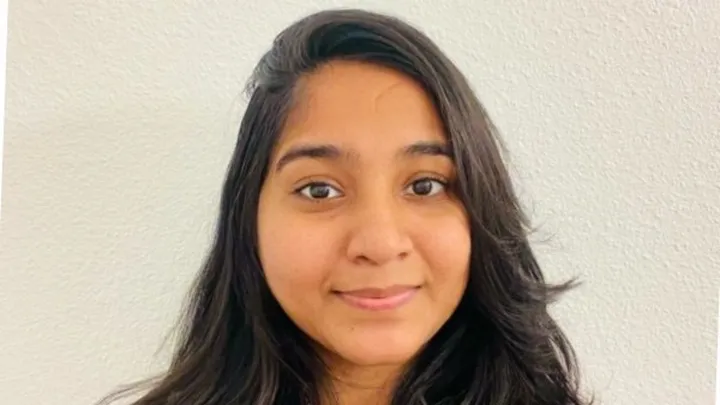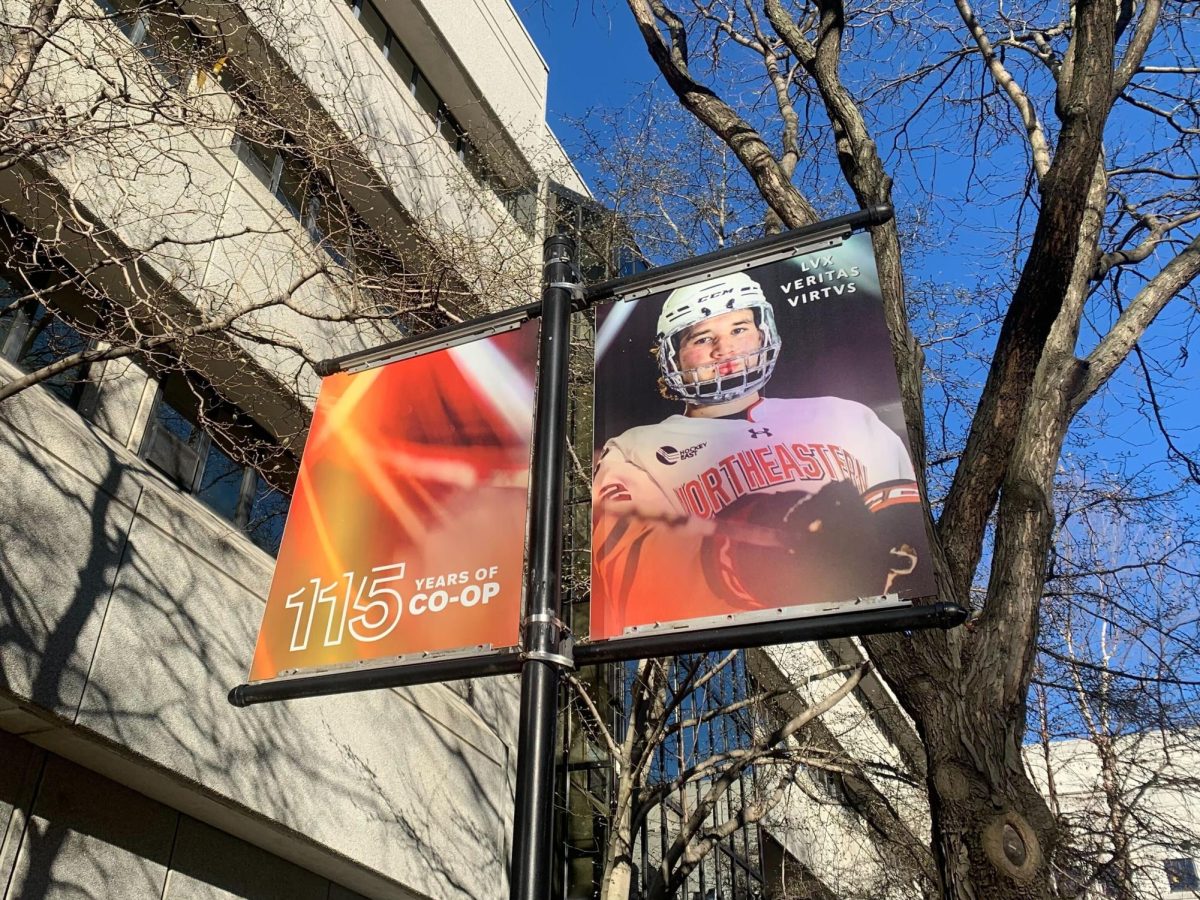By Christie Young, News Correspondent
This February, The Global Poverty Project (GPP) plans to show its 1.4 Billion Reasons presentation at Northeastern. The event, hosted by UNICEF Campus Initiative, promotes a worldwide end to extreme poverty.
The group defines extreme poverty as living on less than $1.25 a day. When the GPP campaign started in 2009, there were approximately 1.4 billion people living in extreme poverty.
“What makes the Global Poverty Project different is that it builds on the successes of other organizations by standing on the shoulders of UNICEF, the United Nations (UN) World Food Programme, Opportunity International, among other great programs,” Rhodes Scholar Shannon Heath, presenter for the GPP, said. Heath will be one of the four presenters coming to Northeastern next month.
“The Global Poverty Project seeks to campaign and advocate for these organizations by creating a multi-media presentation with the UN,” she said.
The demonstration itself was inspired by Al Gore’s 2006 documentary “An Inconvenient Truth,” which demonstrates the seriousness of global warming. When GPP co-founders Simon Moss and Hugh Evans saw the film, they realized the ability of a presentation to inspire people.
Moss pitched the idea of a project based on ending poverty to the UN in 2007, and the 1.4 Billion Reasons presentation was soon born.
The GPP plans to give the 1.4 Billion Reasons presentation at several universities on the east coast in February. Some testimonials on the project’s website describe the event as “up to date and high quality,” “enabling” and “powerful.”
The 1.4 Billion Reasons presentation will be shown at Northeastern on Feb. 4 at 6 p.m. in 300 Richards Hall. It is expected to last about an hour and will be followed by a question and answer session.
When asked how Northeastern students could benefit from attending the event, Heath said, “Essentially our goal with this presentation is to go across the country to create grassroots movements and to open eyes. Our generation will be empowered to create change. We can’t do it as individuals but we can do it together.”








